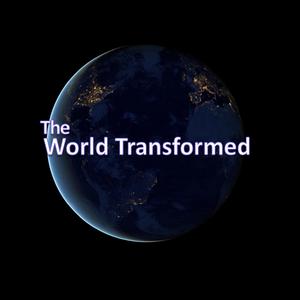🚀 From Google Podcasts to Moon FM in No Time: Your Hassle-Free Migration Guide
👉

A convergence of emerging technologies and emerging possibilities is at the heart of this, the greatest period of transformation in human history. Our world is
Your feedback is valuable to us. Should you encounter any bugs, glitches, lack of functionality or other problems, please email us on [email protected] or join Moon.FM Telegram Group where you can talk directly to the dev team who are happy to answer any queries.